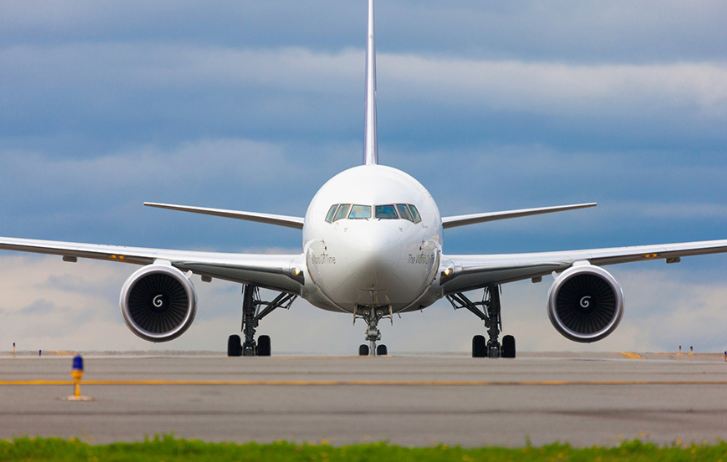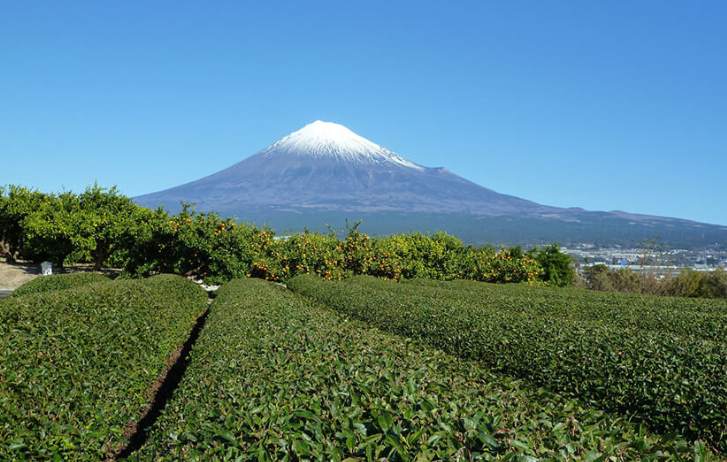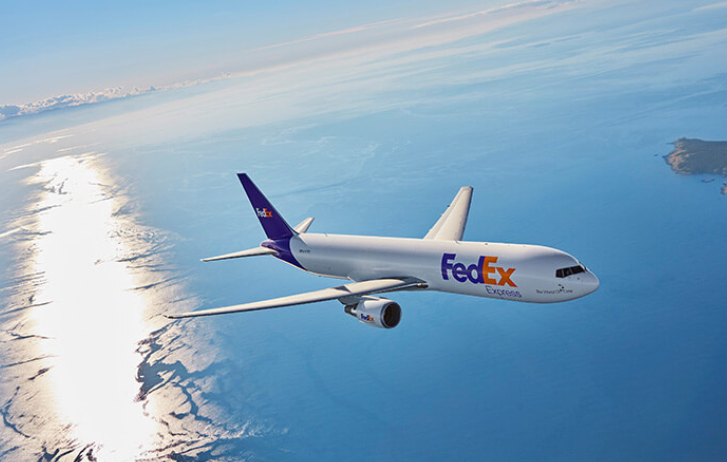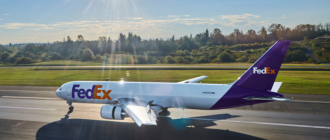
From Fried Chicken To Jet Fuel: The Future Of Sustainable Aviation
By FedEx | First published: September 28, 2022 Updated: July 11, 2025
The future of sustainable aviation is being powered by unlikely innovations. Alternative fuels, recycled raw materials, and cross-industry collaboration are driving this change.
- Sustainability in aviation is an urgent challenge, as the industry works to lower emissions while meeting the growing demand for air freight.
- Sustainable Aviation Fuel (SAF) promises to be a game-changer, reducing carbon emissions from traditional jet fuel by up to 80%.
- In APAC, countries are now taking bold steps towards sustainable jet fuel production.
Have you ever thought about what happens to the oil after cooking the fried chicken you ordered? Few would make the connection between used cooking oil and jet fuel – but here lies massive potential for the aviation industry to move closer to carbon neutrality.
Today, the world is locked in a race against time to reach “net-zero” carbon emissions. To avoid the worst impacts of climate change, it’s crucial to keep global temperature increases below 1.5°C. For every year we delay cutting emissions, we lose about two years of safe runway to reach net-zero and stay below 1.5 °C.
The aviation industry is a key player in the push for net-zero. Yet, the challenge of reducing emissions while keeping the world connected is a tricky one. That’s where innovations like Sustainable Aviation Fuel (SAF) are changing the game.
The urgent challenge of sustainable aviation
The aviation industry is responsible for 2.5% of the world’s carbon dioxide (CO2) emissions. Beyond CO2 from burning fuel, planes also generate other planet-warming emissions like soot and contrails. Taken together, the industry accounts for 4% of the global temperature rise since pre-industrial times.
At first glance, this may not seem like a significant amount – but the numbers are rising. Global air cargo traffic is set to double by 2043, which will boost fuel demand and risk undermining progress toward reducing emissions.
To address this challenge, IATA member airlines have committed to Fly Net Zero, a pledge to achieve net-zero carbon from business operations by 2050. Across the industry, various initiatives are being explored to balance the impact of aviation on the environment.
Solutions include upgrading fleets to more fuel-efficient aircraft, reviewing flight routes, and improving operational efficiency. One of the most important solutions, estimated to contribute around 80% of the emission cuts needed to achieve net-zero by 2050, is SAF.
What is SAF?
Sustainable Aviation Fuel, also known as “SAF”, is an innovative jet fuel expected to play a key role in reducing the overall impact of aviation on the environment. Compared to traditional jet fuel, SAF can reduce up to 80% of CO2 emissions during its product lifecycle.
SAF can be made from almost any material, including plants, old clothes – even oil that was used to fry your favorite fast-food chicken. To qualify as sustainable, it can’t be made from materials that displace food crops, promote deforestation, or use too much water.
The winning factor is that it’s a “drop-in” fuel – meaning it can be used without modifying current aircraft or infrastructure. SAF can be blended with regular jet fuel and handled in the same way. This makes it easier to implement than other technologically challenging alternatives, like hydrogen-fueled planes.
While 1.3 billion liters of SAF were produced in 2024, this fell short of previous forecasts that predicted production would reach 1.9 billion liters. This slow growth comes down to two factors: the limited availability of sustainable raw materials, and the fact that the technology for refining these materials is still being developed. As a result, SAF remains several times more expensive than conventional jet fuel.
In 2025, 2.7 billion liters of SAF are expected to be produced – but this still accounts for only 0.7% of total jet fuel production.
Charting a sustainable flight path for APAC
In Asia-Pacific, where the aviation industry is booming, countries are now taking bold steps toward sustainable jet fuel production.
Japan is one country leading the charge, with several local and cross-border projects underway. Different industries involved in the SAF supply chain – including technology, raw materials, manufacturing, distribution, and utilization – are working together to make domestic production a reality.
The ACT FOR SKY consortium was established in 2022 to commercialize, promote, and expand the use of domestically produced SAF in Japan, where the usage rate is less than 1%.
Member corporations include airlines, oil companies, engineering and heavy industry firms, trading companies, food manufacturers, and even railway companies. The group aims to collect and recycle used cooking oil and other waste on a massive scale, and is inviting local governments, airport operators, and other entities to join the project.
Some of the biggest names in Japan, including rival companies in the same sector, are joining hands to pool their respective strengths and expertise to work toward a common goal. Global aerospace manufacturer Boeing has also joined the ACT FOR SKY consortium and announced plans to open a research and development center in Japan focused on sustainability.
One Japanese biotechnology company has taken a slightly different approach to SAF, focusing on microalgae as a raw material. The company teamed up with an aircraft manufacturer and general aviation company to conduct Japan’s first helicopter flight test using SAF.
These collaborative efforts are spreading beyond Japan’s borders. In 2024, Tokyo-based biotechnology company Euglena announced a tie-up with Malaysia’s national oil company Petronas and sustainable mobility company Enilive to build a biorefinery in Malaysia. The plant will have the capability to process about 650,000 tons of raw materials annually to produce SAF and other biofuels like renewable diesel.
Over in Thailand, Japan’s Sumitomo Corporation and Thai energy firm Bangchak Corporation have joined forces for the purchase and sale of used cooking oil and SAF. Bangchak Corporation will soon complete its SAF production facility in Bangkok, which is estimated to produce about 1 million liters of sustainable jet fuel per day.
In the coming years, we can expect to see many more stories of innovative partnerships. APAC is rich in the raw materials needed to produce sustainable jet fuel, opening up unique opportunities to become a global hub for SAF.
Delivering on change – because the future can’t wait
At FedEx, we strive to make shipping more sustainable. As part of our goal to achieve carbon-neutral operations by 2040, we are working to replace 30% of our jet fuel with alternative fuels. Since launching the Fuel Sense jet fuel conservation program in 2006, we have implemented 70 fuel-saving initiatives, saving over 983 million gallons of jet fuel and avoiding over 9.6 million metric tons of carbon dioxide-equivalent (CO2e) emissions.
We’re also taking steps to use sustainable jet fuel in our operations. Through our agreement with Neste – a leading producer of SAF and renewable diesel – we have secured over three million gallons of blended SAF for delivery at Los Angeles International Airport (LAX). This blended fuel will account for one-fifth of all jet fuel that FedEx consumes annually at LAX, bringing us closer to sustainable aviation.
To learn more about our latest initiatives to deliver a sustainable future, check out our Corporate Responsibility Report.
SHARE THIS STORY
- Generative AI: A New Frontier
- How To Ship A Giant Panda
- What’s So Dangerous About Coconuts? Your Guide To Dangerous Goods Logistics
- Where Do Old Planes Go When They Retire?
- 85% Of APAC Businesses Plan To Expand Into Europe, According To New FedEx Report
- The Rise Of Intra-Asia Trade: Opportunities In The China-Southeast Asia Corridor
Sign up now and save on your shipping rates!
Sign up now and earn discounts by shipping instantly with FedEx Ship ManagerTM at fedex.com.
Recommended For You

How To Make Facilities More Sustainable In Asia Pacific
We’re continually looking at ways to make our operations more sustainable.
Read More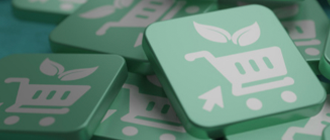
E-Tailers: Your Customers Are Shopping More Sustainably
For small businesses, easy-to-implement sustainability wins can have a huge impact on consumer perception and spending.
Read More
Why Supply Chains Need To Help Combat Climate Change
Sustainable supply chains and responsible operations are essential for small businesses to win over climate-conscious customers.
Read More